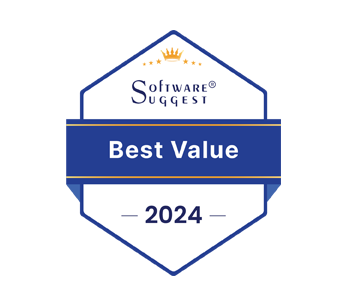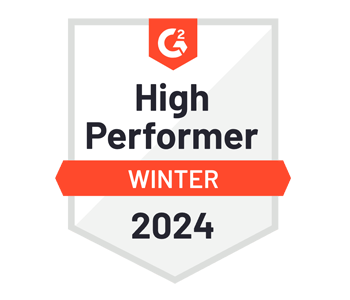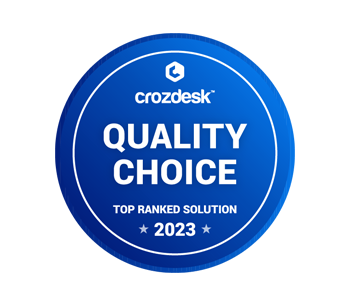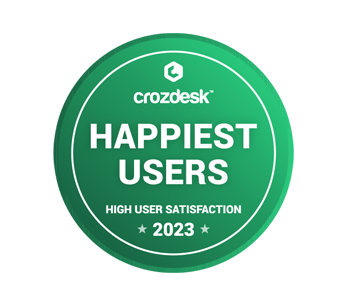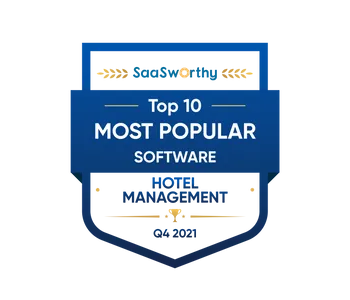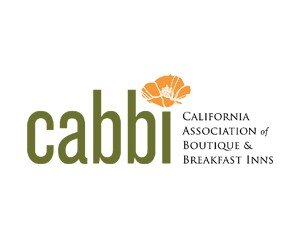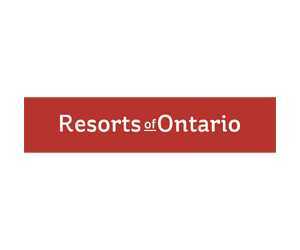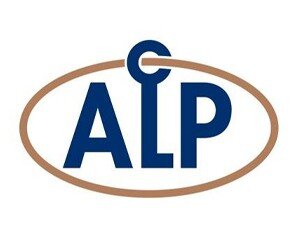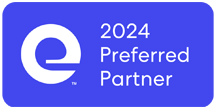You can better manage what you measure. Knowing your numbers lends valuable insight for hoteliers as they plan and strategize for the year ahead. Collected here are various statistics and forecasts to inform you of important global and local trends, revenue drivers, cancellation rates, market insights, and guest/consumer preferences. As you plan your 2024 strategies, keep these stats in mind to stay competitive, boost your bottom line, and elevate your guest experience.
Industry Statistics
According to recent reports, the hospitality industry will continue its upward recovery from the COVID-19 pandemic.
- The hospitality industry accounts for approximately 10% of worldwide GDP. However, during the pandemic, it made up just 5%.
- Nobody knows for sure, but the consensus on Google is that there are at least 187,000 hotels in the world and an estimated 17.5 million guestrooms in the world.
- Approximately 40% of US hotels are independent.
- While 68% of travelers prefer hotels, Gen Z is more likely to book with AirBnB properties.
- Hotel average daily rate (ADR) is projected to grow by 4.9% in the next 12 months.
- Globally, the average hotel booking cancellation rate dropped to about 20% compared to 25% in 2021.
Hotel Revenue
- In global comparison, the United States will accumulate the most hotel revenue at $110,500 million in 2024.
- Revenue per available room (RevPAR) is forecasted to grow 3% in 2024.
- The global average hotel profit could increase to 22% in the next few years.
- Revenue may show an annual growth rate of 3.32%.
- In 2024, the average daily rate (ADR) of the United States hospitality industry is forecast to reach $155 (an increase from 2022’s forecast of $145 ADR in the U.S.).
Hotel Occupancy
- As of September 2023, the global average hotel occupancy rate was 69% and is expected to rise through 2024.
- In European destinations, occupancy rates rebounded strongly, recording above 80-85% during summer.
- The US closed out 2023 with an average occupancy rate of 63%.
Hotel Bookings
- Online bookings make up almost 60% of all hotel bookings, with this figure steadily increasing.
- Adobe research found that only 21% of travelers make travel purchases on mobile devices, with most switching to their desktops to book their trip.
- According to an Expedia Group report, when customers made a travel purchase for their most recent trip, 51% booked on OTAs, and 23% booked directly on the hotel website or app.
- In the research stage, travelers spent 160 minutes browsing OTAs, 128 minutes on airline websites, 120 minutes on meta-travel websites, 90+ minutes on hotel websites, and 60+ minutes on car rental websites.
- Across all travel website resources, travelers spent much more time browsing content on desktop than mobile.
- Travelers using social media prior to booking a trip are using it for destination inspiration and recommendations.
- Instagram, Facebook, and YouTube are the top three social media platforms used throughout the planning process.
- In the past, about two-thirds of hotel revenue came from business travel. However, post-pandemic, 84% of global CEOs stated they plan to spend less on business travel.
Consumer Preferences
- Since the COVID-19 pandemic, work culture moved towards flexible, hybrid, and remote models. Fewer but longer business trips created a growing trend of “bleisure travelers,” combining business trips with leisure activities.
- With a rise in remote work, there are increased requests for hotel coworking spaces for remote workers looking for a change of scenery.
- There are growing requests for high-speed Wi-Fi and later departures to facilitate remote working and business travel.
- 90% of consumers look for sustainable travel options when booking and another 70% are willing to give up some conveniences for it.
- 20% of travelers are interested in health retreats.
- 18% seek to connect with their inner self.
- 58% are attracted to sleep-focused retreats.
- 48% are intrigued by tantra retreats to experience a deeper physical connection with their partners.
- 78% of millennials prefer spending their money on experiences rather than things.
- 90% of travelers expect and desire a hyper-personalized, memorable stay experience. WebRezPro PMS allows hoteliers to build guest profiles and collect guest data to offer highly personalized service to their guests.
- Research by Univers Labs shows that hotel websites with high-quality images possess a 15% increase in conversion rates.
Hotel Loyalty Programs
- 94% of the world’s top 100 hotel brands and chains have a loyalty program.
- 64% of loyalty members are business travelers compared to 47% leisure travelers.
- Loyalty members spend 22.4% more and prolong their stay by 28% compared to non-members.
- 58.7% of consumers said they do not participate in any hotel loyalty programs.
Hotel Technology
- According to Hotel Tech Report, for 86% of hoteliers, the most important technology for their day-to-day operations is their property management system (PMS).
- According to a 2023 Statista survey, roughly three in ten U.S. respondents reported they were likely to use ChatGPT to plan their next trip.
- A 2022 report by Oracle and Skift found that contactless service is required for most hoteliers and travelers:
- 62% of hoteliers said they will have a fully contactless experience by 2025.
- 73% of guests agree that they are more likely to stay at a hotel that offers self-service technology.
- 39% of travelers say they want a fully contactless experience for basic transactions such as check-in/out, food & beverage purchases, room keys, etc.
- 54% of hoteliers shared that their highest priority is to implement technology that improves or completely eliminates the front desk experience by 2025.
- Most hoteliers and guests agree that on-demand entertainment, such as the ability to stream content from guests’ personal accounts, is a must for 2024 and 2025.
In an industry flooded with ever-changing trends and endless accommodation options, hoteliers can look to the numbers to confidently implement plans to future-proof their business. These statistics show what travelers are looking for and what is worth investing in so hoteliers can drive revenue in an unpredictable yet increasingly viable sector.










